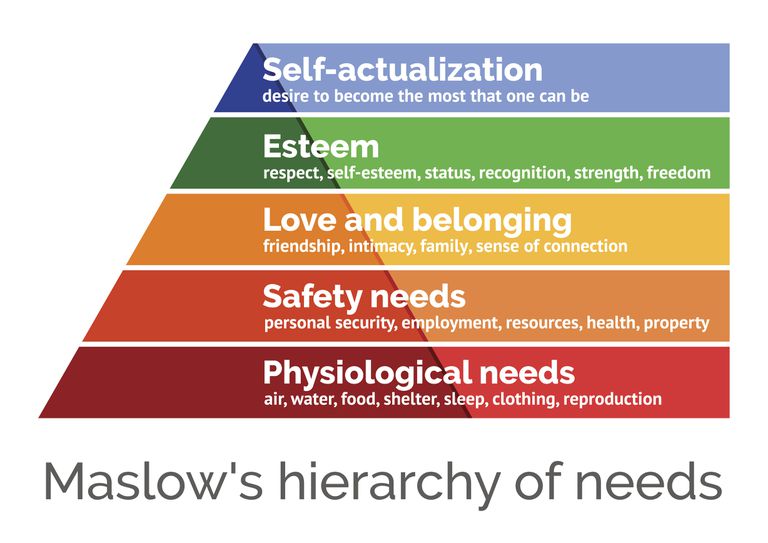Speedwell
Well-Known Member
- May 11, 2016
- 23,928
- 17,627
- 83
- Country
- United States
- Gender
- Male
- Faith
- Other Religion
- Marital Status
- Married
It only "resides" to the extent that it is a man-made construct designed to achieve moral purposes. The law has no authority to determine what those purposes are. For the believer, secular law is not in the hierarchy of moral authority, merely a tool to achieve whatever moral outcomes are desired.Yes, any system of law is (mostly) constructed by human beings, but there is the separate discussion about the extent to which any system of law may still "reside" metaphysically within a higher cosmic (or religious) state or set of truths, some of which may be recognized by whichever "law makers" we choose to identify and scrutinize.
There is no higher legal authority than man. As to moral authority, that's another question.In the U.S., the Rule of Law is inherent within the various state legal constructs, at the ultimate level; but in Communist Law, the law is seen as being purely "an instrument of men" as they as corporately or as append-ages of the state.... in that scenario, as you may already know, there is no higher moral authority than 'man.'
Well, it's hard to talk about without bringing in specific examples. But even taken in the most abstract and non-specific way, I see no moral issue in the OP. If you do, perhaps you could explain it to me.But again, in this thread, as it pertains to the OP, I don't think we're talking about a Bob and Jane who lives in either the U.S. or in any communist nation. If we want to get into the nitty-gritty of all of that kind of modern legal and moral scenario, then that is probably best done elsewhere, and with the accompanying professional literature to back up the discussion in all directions.
Upvote
0


